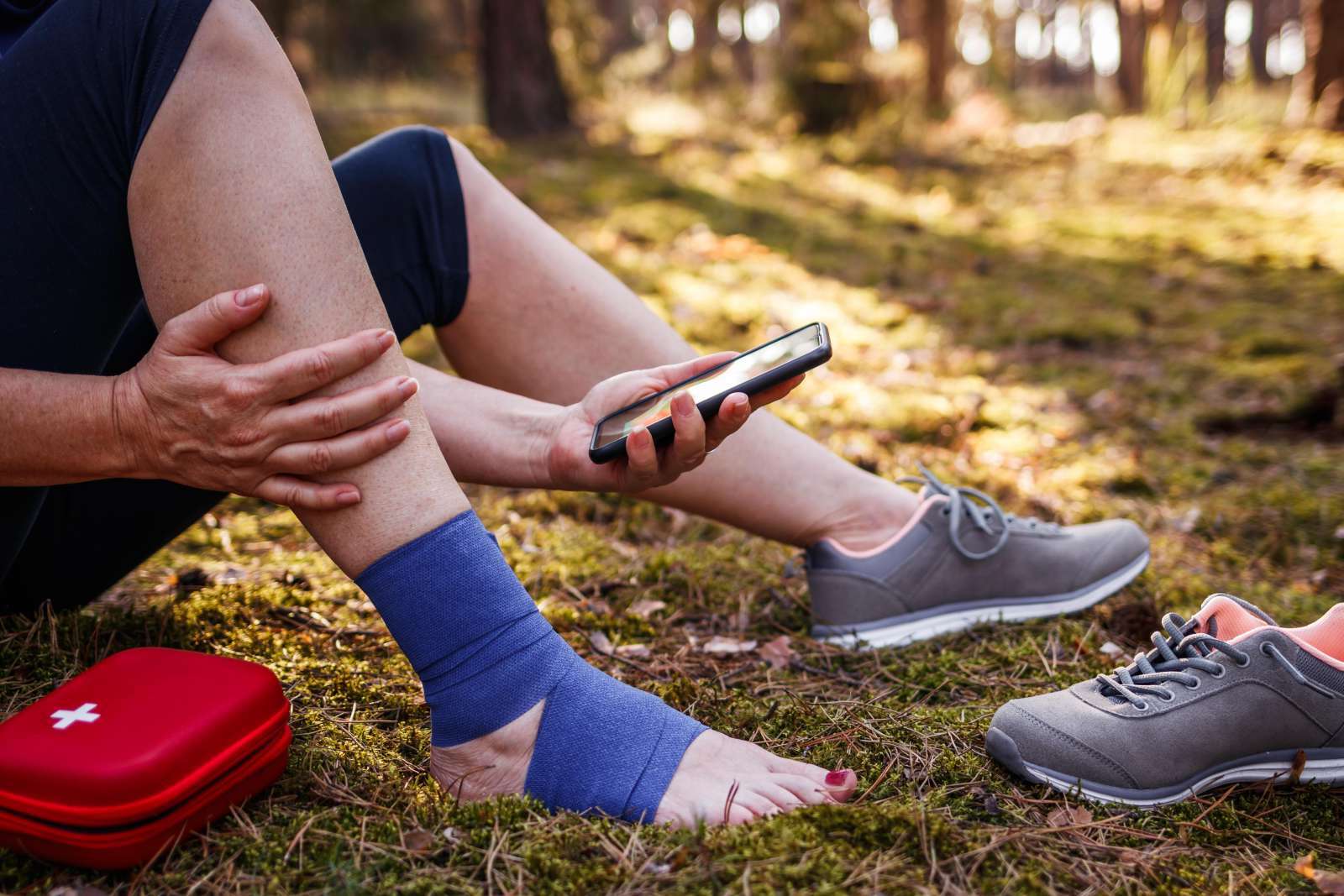
Emergency procedures can save lives. Knowing what to do during a crisis is crucial for everyone. Whether it's a fire, earthquake, or medical emergency, having a plan in place can make all the difference. Emergency procedures are not just for schools or workplaces; they are essential for homes too. Imagine a fire breaking out in your kitchen. Would you know the steps to take? How about during a sudden earthquake? These situations require quick thinking and action. This blog post will cover 26 essential facts about emergency procedures that everyone should know. Stay prepared, stay safe!
Understanding Emergency Procedures
Emergencies can strike without warning. Knowing what to do can save lives. Here are some crucial facts about emergency procedures that everyone should know.
-
Emergency procedures are pre-planned responses to various types of emergencies. These plans help ensure safety and minimize damage.
-
Fire drills are a common practice in schools and workplaces. They teach people how to evacuate safely and quickly.
-
CPR (Cardiopulmonary Resuscitation) is a life-saving technique used during cardiac emergencies. Learning CPR can make a huge difference in survival rates.
-
Emergency exits must be clearly marked and unobstructed. This ensures people can find their way out quickly during an emergency.
-
First aid kits should be easily accessible and well-stocked. They provide essential supplies for treating minor injuries and stabilizing serious ones until help arrives.
Types of Emergencies
Different emergencies require different responses. Understanding the types can help you prepare better.
-
Natural disasters include events like earthquakes, floods, and hurricanes. Each type requires specific safety measures and preparedness plans.
-
Medical emergencies involve sudden illnesses or injuries. Quick response and proper first aid can be critical.
-
Fire emergencies can occur anywhere. Knowing how to use a fire extinguisher and having an evacuation plan are essential.
-
Chemical spills require specialized knowledge to handle safely. Evacuation and containment are often necessary.
-
Terrorist attacks and active shooter situations demand immediate action. Knowing how to hide, run, or fight can save lives.
Preparing for Emergencies
Preparation is key to handling emergencies effectively. Here are some ways to get ready.
-
Create an emergency plan for your family. Include meeting points, emergency contacts, and evacuation routes.
-
Practice your emergency plan regularly. Drills help everyone remember what to do and identify any weaknesses in the plan.
-
Keep an emergency supply kit with essentials like water, food, medications, and important documents.
-
Learn basic first aid and CPR. These skills can be invaluable during medical emergencies.
-
Stay informed about potential risks in your area. Local news and weather alerts can provide crucial information.
Responding to Emergencies
Knowing how to respond when an emergency happens can make all the difference.
-
Stay calm and think clearly. Panic can make the situation worse.
-
Follow your emergency plan. Stick to the steps you've practiced.
-
Listen to authorities and follow their instructions. They have the best information and resources to handle the situation.
-
Help others if you can, but don't put yourself in danger. Your safety is important too.
-
Use emergency numbers like 911 to get professional help quickly.
After the Emergency
What you do after an emergency is just as important as your initial response.
-
Check for injuries and provide first aid. Look after yourself and others.
-
Assess the damage and report it to authorities. This helps with recovery and getting the necessary assistance.
-
Stay informed about ongoing risks. Sometimes, secondary emergencies can occur.
-
Take care of your mental health. Emergencies can be traumatic, and it's important to seek help if you're struggling.
-
Review and update your emergency plan. Learn from the experience and make improvements.
-
Get involved in community preparedness efforts. Working together can make everyone safer.
Final Thoughts on Emergency Procedures
Understanding emergency procedures can save lives. Knowing the basics of CPR, the Heimlich maneuver, and fire safety is crucial. These skills aren't just for professionals; everyone should have them. Emergency kits with essentials like first aid supplies, flashlights, and water can make a big difference during disasters. Regularly updating your emergency contact list ensures you can reach help quickly. Practicing evacuation plans at home and work keeps everyone prepared. Remember, staying calm and acting swiftly can turn a potential tragedy into a manageable situation. Share this knowledge with friends and family. The more people who know, the safer everyone becomes. Emergency preparedness isn't just about having the right tools; it's about having the right mindset. Stay informed, stay ready, and stay safe.
Was this page helpful?
Our commitment to delivering trustworthy and engaging content is at the heart of what we do. Each fact on our site is contributed by real users like you, bringing a wealth of diverse insights and information. To ensure the highest standards of accuracy and reliability, our dedicated editors meticulously review each submission. This process guarantees that the facts we share are not only fascinating but also credible. Trust in our commitment to quality and authenticity as you explore and learn with us.


